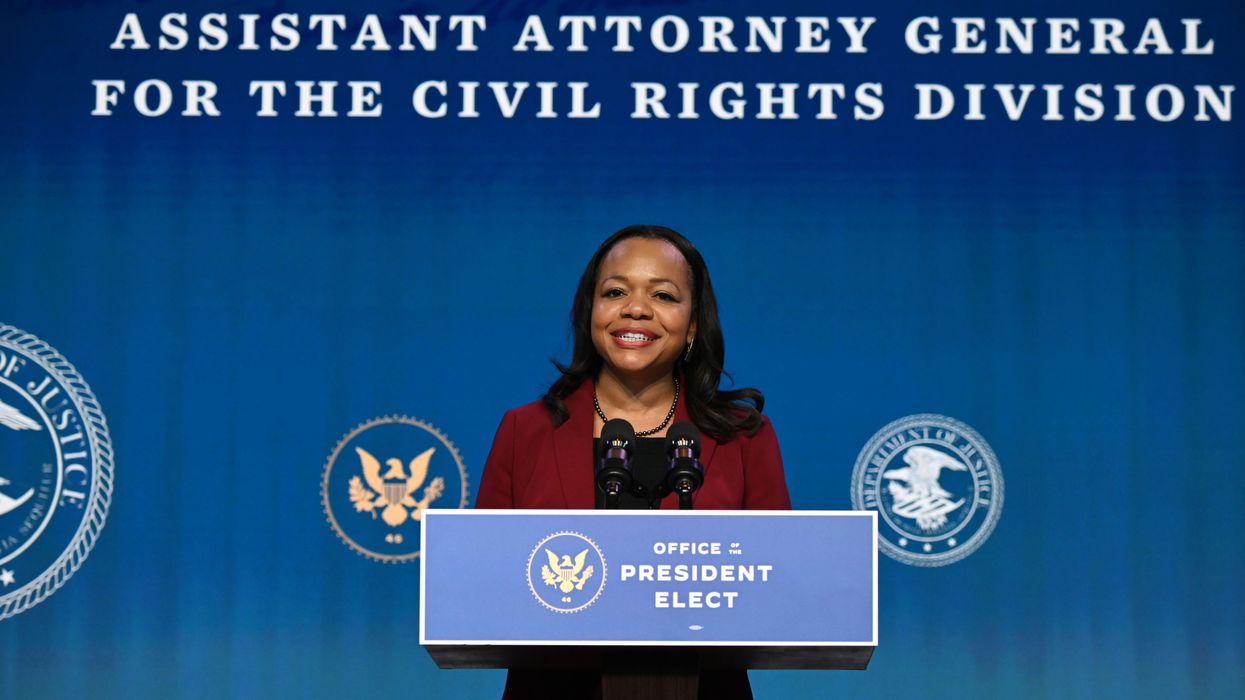Kristen Clarke, a prominent voting and civil rights advocate, was nominated Thursday to serve as President-elect Joe Biden's assistant attorney general for civil rights.
If confirmed by the Senate, Clarke will lead the Justice Department's Civil Rights Division, helping to enforce civil rights laws and ensure equal justice for all Americans. She currently serves as president and executive director of the Lawyers' Committee for Civil Rights Under Law, a national nonprofit that played a critical role during the 2020 elections.
The Lawyers' Committee helped voters navigate changes brought on by the coronavirus pandemic, understand voting procedures and safeguard against voter intimidation. The organization's Election Protection hotline, available in 11 languages, fielded a record-high 229,000 calls by Nov. 3.
"This job is about justice. It's about equality. And under our DOJ, we'll move closer to the TRUE meaning of equal justice under law," Clarke tweeted, adding that she was honored to have been nominated.
Clarke is no stranger to the Justice Department. Before leading the Lawyers' Committee, she was an attorney in the Civil Rights Division and a federal prosecutor in its Criminal Section. While there, she worked on cases involving hate crimes, human trafficking and police misconduct. She also worked in the Voting Section on voting rights and redistricting issues.
Previously, she worked in the Civil Rights Bureau of the New York State Attorney General's Office and at the NAACP Legal Defense and Educational Fund.
"Kristen Clarke is a force of nature. She has been working tirelessly, around the clock, morning, noon and night to ensure that all Americans share the same rights and privileges as equal members of our society," said Shira Scheindlin, a federal judge in New York and co-chair of the Lawyers' Committee's board.




















